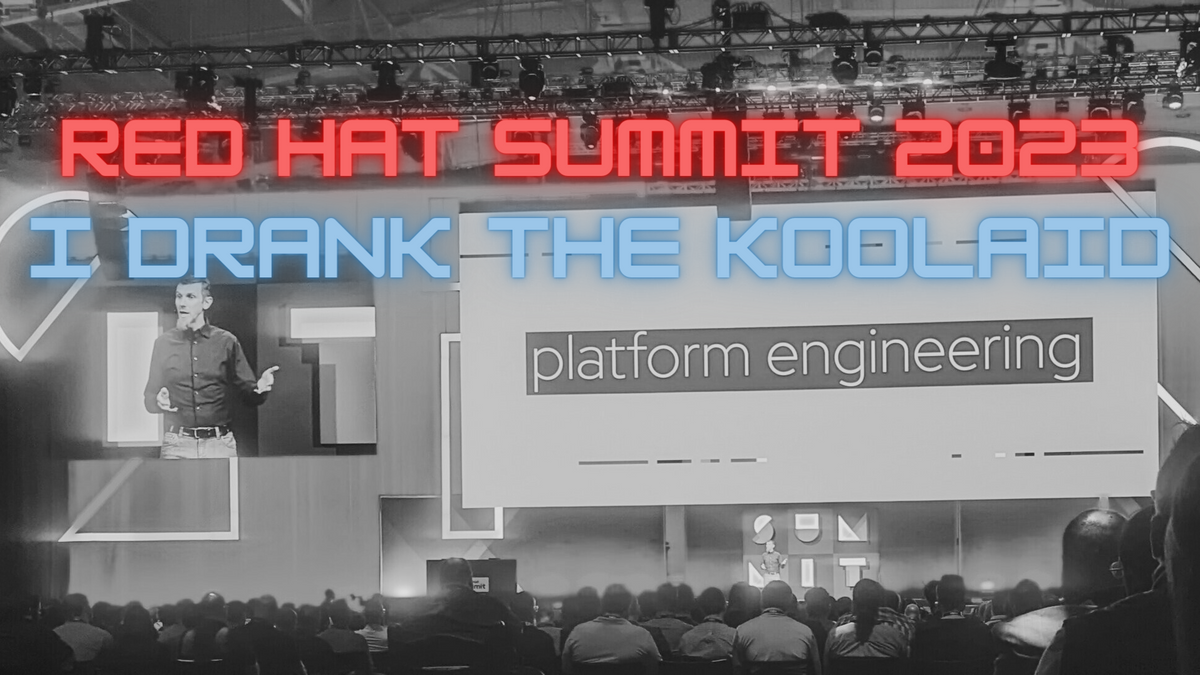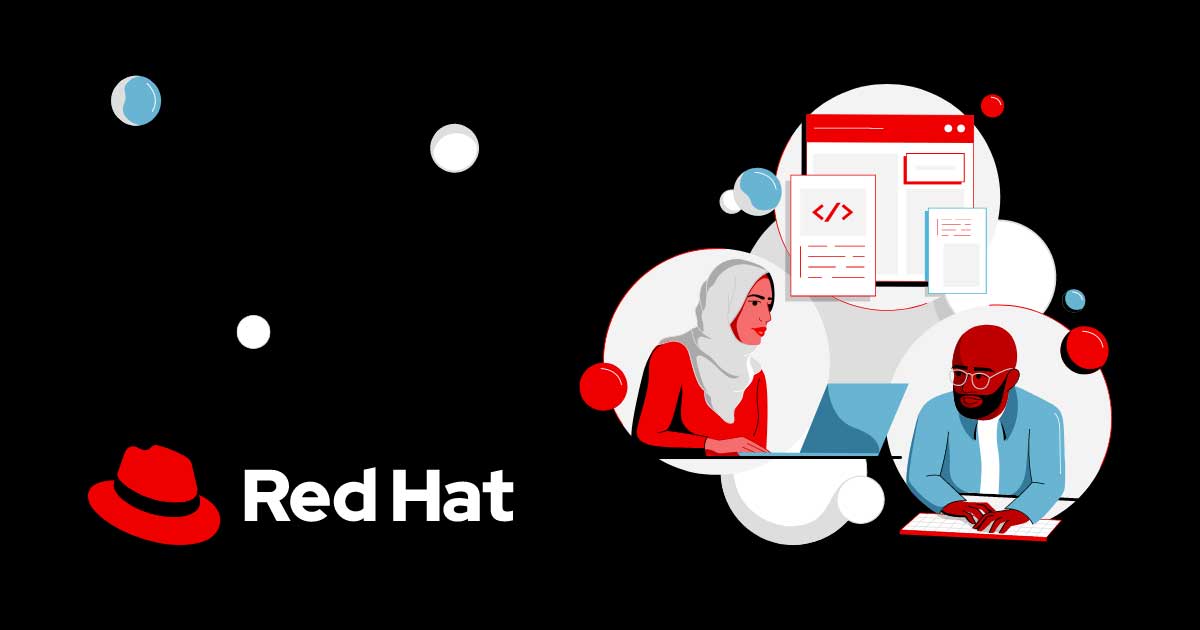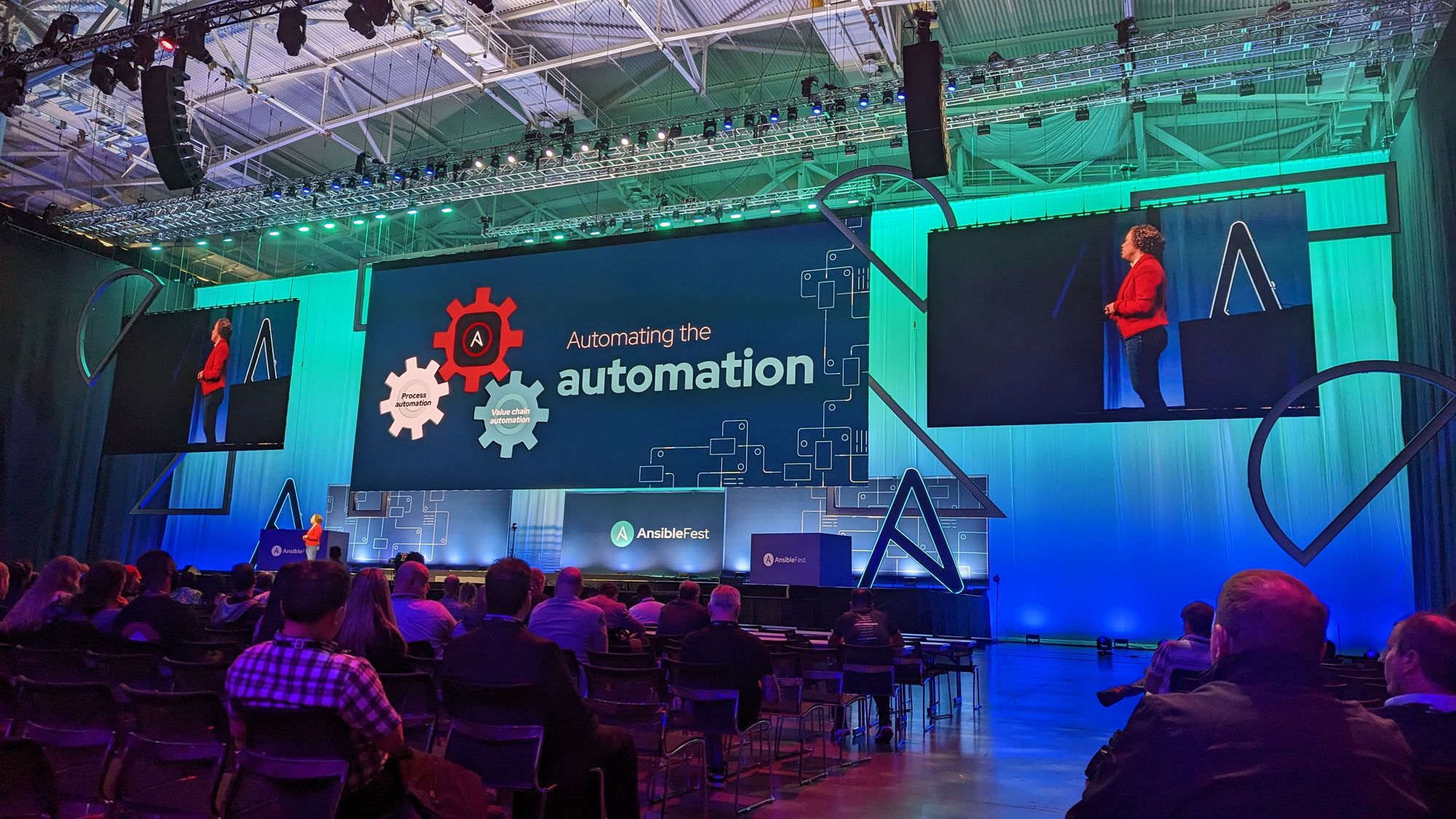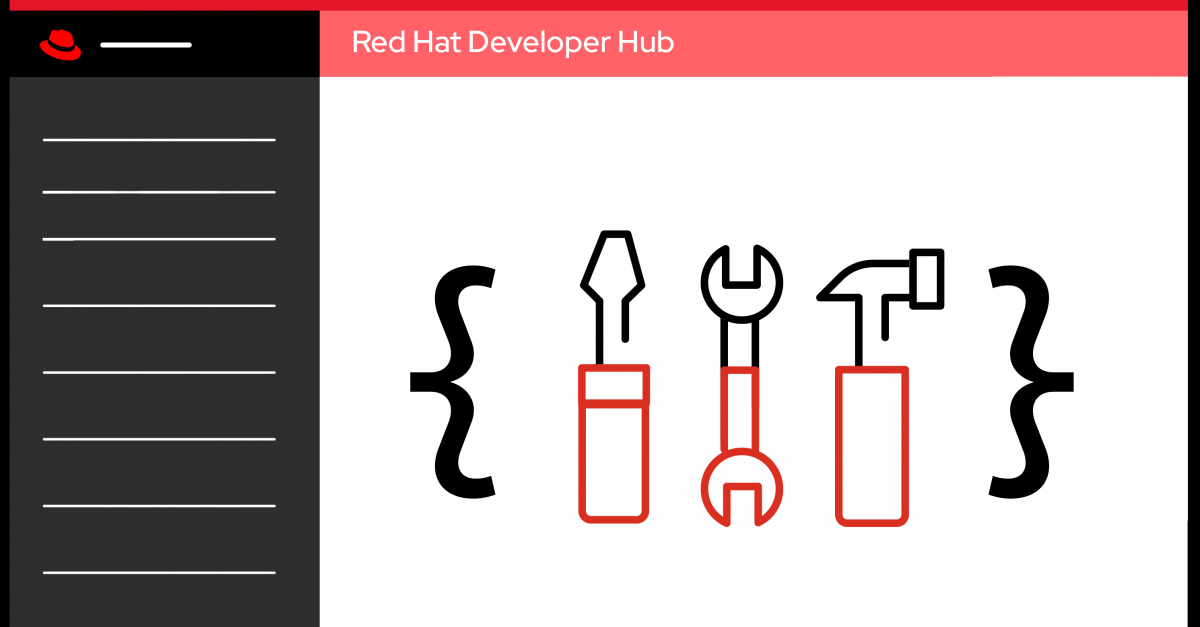Red Hat Summit 2023: I Drank The Koolaid

Last week, I found myself in a place that could only be described as the Disneyland for DevOps Engineers - the Red Hat Summit 2023. And no, Mickey Mouse was not in attendance, but there was a whirlwind of captivating keynotes, immersive conferences, and hands-on labs that made me feel like a kid in a tech candy store. Amidst this energizing exchange of ideas with brilliant minds, we bonded over shared experiences - a camaraderie only understood by those of us who consider YAML files and container orchestration the height of excitement.
Today, I'll share with you the top 4 golden nuggets from this treasure trove that particularly sparked my interest.
Ansible Lightspeed

Ansible Lightspeed, also known as Project Wisdom, is a pioneering functionality that converts developers' natural-language commands into Ansible code automatically. By bridging the gap between Ansible YAML code and human language, Project Wisdom empowers users to create functional automation content in plain English. Project Wisdom is also integrated into widely-used IDEs, such as VSCode.
How is it different from Github Copilot? It is exclusively trained on Ansible and real-world applications, leading to higher quality recommendations. I had the chance to try out the context-aware VSCode plugin and was pleasantly surprised with its performance and improvement suggestions. Ansible Lightspeed is set to be released later this year, and I eagerly anticipate its launch.
Event Driven Ansible

Automate further with Event Driven Ansible! It promises to be a game-changer by enabling the triggering of playbooks via countless external events, including those from observability tools, cloud providers, and more. Slated for a June rollout with Ansible 2.4, it simplifies the formerly convoluted process of coding a webhook to listen for an event and then call the Ansible API to trigger the playbook.
This new addition to the Ansible family takes automation to new heights. It acts as a sentinel, swiftly responding to any 'event' by launching a sequence of predefined actions - think automated trouble ticket filing or system reboots. All while retaining the familiar YAML-based configuration we all love. Now, the true beauty of this automation upgrade? I will finally be able to trigger my playbooks via Slack! Talk about bringing work chat to the next level.
Red Hat Developer Hub

Red Hat has made waves by not only jumping on the Backstage.io bandwagon but also contributing back to the community. They've launched the Red Hat Developer Hub, an open platform targeted at streamlining operations for engineering teams and boosting their productivity.
Moreover, they've released a suite of plug-ins for Backstage that work seamlessly with the Developer Hub and can be integrated into existing customer installations. These plugins support key Red Hat-developed automation processes, like GitOps with Argo CD and Pipelines with Tekton, providing real-time insights into application and infrastructure health and security.
The Developer Hub is designed for convenience and efficiency, offering validated templates for simplified onboarding and direct access to system architecture and application documentation right next to the code. Backed by the stability, support, and reliability of Red Hat's hybrid cloud technologies, it’s an exciting development to look forward to.
For a first-hand experience of this remarkable platform, check out this YouTube preview, where the Red Hat team gives a comprehensive tour of the Developer Hub's features and capabilities.
Red Hat Service Interconnect

Red Hat Service Interconnect is a reliable solution for establishing secure and seamless networking in the cloud. Based on the open-source Skupper.io project, it is designed to enable effective communication between applications and microservices, irrespective of whether they are deployed on different clouds, Kubernetes clusters, or standalone VMs.
Service Interconnect simplifies the process of establishing interconnections across the hybrid cloud without the need for VPNs or complex firewall rules. It allows your applications and services to interact as if they were within the same network environment.

Ideal use cases for Service Interconnect include the need for secure and straightforward interconnections, progressive migration of applications, and integrating legacy applications with cloud deployments. It's particularly useful during the transition between major versions of OpenShift, or moving from a CNCF certified Kubernetes to OpenShift.
In essence, Red Hat Service Interconnect facilitates efficient communication among your apps and services, even when they're spread across diverse cloud environments.
Closing Thoughts
With its impressive contributions to community solutions, Red Hat has outdone itself at the Summit. By offering enterprise-grade solutions, it has set the bar high for the coming year. After having seen firsthand the power and potential of these solutions, I can wholeheartedly say I've drunk the Red Hat and Ansible Kool-Aid. It's a sweet concoction of simplicity, efficiency, and adaptability. If the future of IT tastes this good, I can't wait for the next sip!
Subscribe to our newsletter for the latest updates, insights, and trends in the ever-evolving world of DevOps and IT automation. Don't miss out on valuable content – join our community today!

